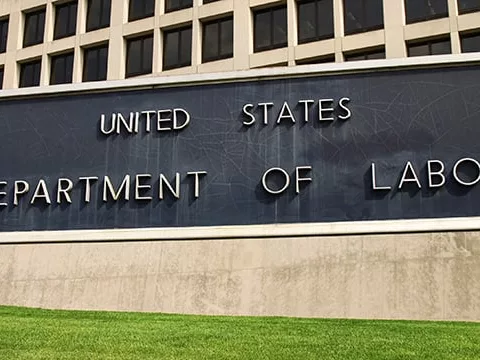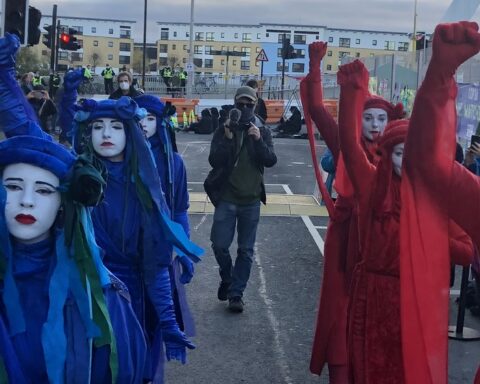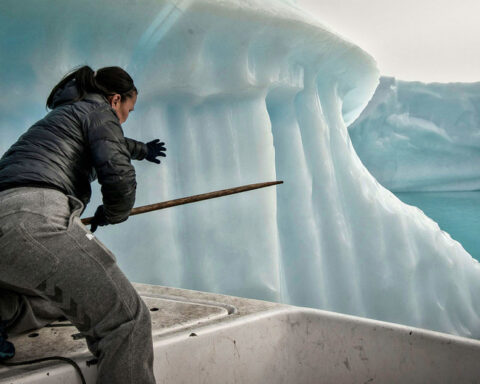It is easy to think of development priorities as competitors that must vie with one another for headlines and the public’s attention. Yet these goals are often mutually reinforcing. To take one example, tackling climate change is the challenge of our time, but addressing other issues can support those efforts, not detract from them. The fight against corruption is a case in point. Headline-writers like to put dollar figures on the costs of corruption, but the real damage comes in the form of misdirected and poor-quality investments, including the outlays needed to mitigate the effects of a rising sea level and desertification. The true costs of corruption are the slow and inadequate responses to natural disasters, which are increasing in frequency because of climate change. The true costs come in the form of weakened fiscal space to address urgent needs such as the climate crisis.
It’s no surprise that some of the sectors that are so central to taking on climate change are also notorious for their corruption risks. Extractives, with large costs and rents, have long been a concern of environmental and anticorruption activists. The size of the rents, remote locations, and power imbalances between affected people and decision makers can create a mother lode of corruption. Beyond the risk of those rents being siphoned off by kleptocratic leaders and extractives companies, corruption also makes it easier to evade regulations and reclamation, which results in environmental damage and overuse of the resource. As the United States’ first National Intelligence Estimate to focus on climate change put it, countries dependent on fossil fuels for revenues “struggle to diversify their sources of export revenue because of entrenched political interests, endemic corruption, and the lack of economic and legal institutions.”
“It’s no surprise that some of the sectors that are so central to taking on climate change are also notorious for their corruption risks.”
Other mitigation strategies can be weakened by corruption. The path to sustainable forestry, for example, must pass through a thicket of corruption in concessions, enforcement bodies, at customs, and in overseas markets, leading to loss and misuse of revenues. Renewable energy sources such as solar show promise, as long as corruption doesn’t misdirect subsidies, inflate the costs, and throw shade on its efficacy.
And corruption has an important role to play in hampering meaningful collective action. In places where politics and businesses are closely intermingled, interests that oppose the changes in regulation, taxation, and other measures needed to address climate change find advantages in the blurry line between legality and illegality.
Even in countries that control corruption well, efforts to influence climate-related policies are inevitable and often successful. But in places where corruption is poorly controlled, such influence has a shortcut. Unequal lobbying power, revolving doors, and conflicts of interest all throw up obstacles to carbon taxes. And state capture by dominant carbon-based energy companies can make it more difficult for the development of climate-friendly energy sources to find a footing in the first place. And these aren’t just a few cases that only affect progress on the margins, as a glance at Transparency International’s Climate and Corruption Case Atlas will confirm.
While addressing corruption and state capture of all sorts can help, some issues that are already high on the anticorruption agenda are closely connected to climate change. The global momentum to improve beneficial ownership transparency and end the abuse of shell companies both can bring climate dividends. And paying attention to corruption in the design of climate change projects can bring progress on both of those goals.
“Human behavior has caused, and is causing, climate change. Some types of human behavior, such as the rule-breaking that is corruption, make it worse and make it even harder to address.”
Human behavior has caused, and is causing, climate change. Some types of human behavior, such as the rule-breaking that is corruption, make it worse and make it even harder to address. Efforts to change that behavior, to pay attention to corruption, to draw on experience for practical approaches to addressing corruption and state capture, can only support the efforts to address climate change.





